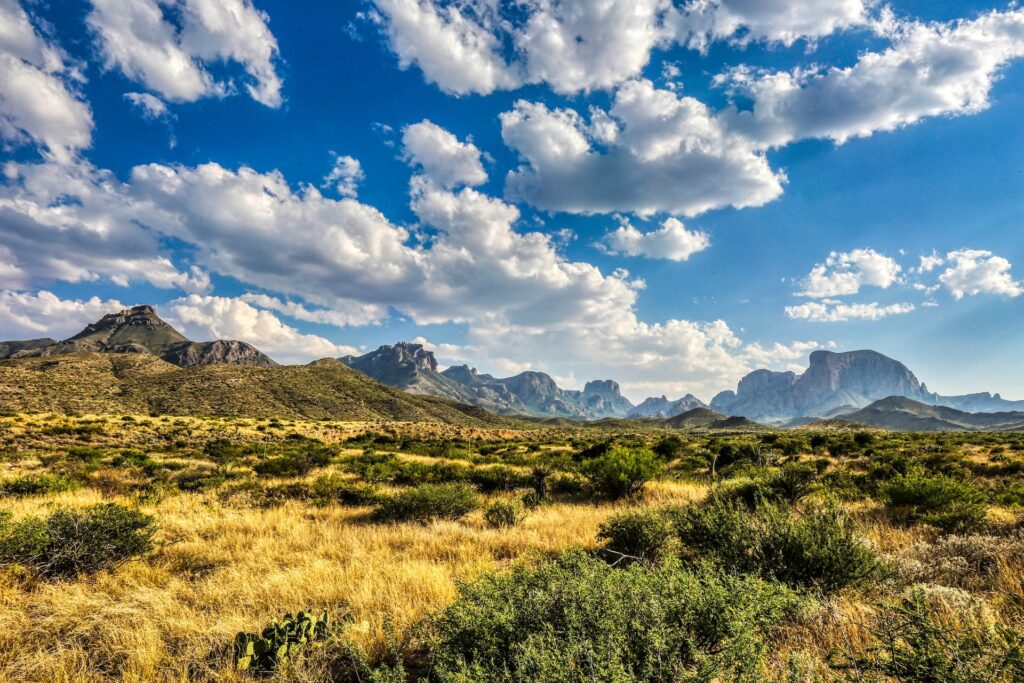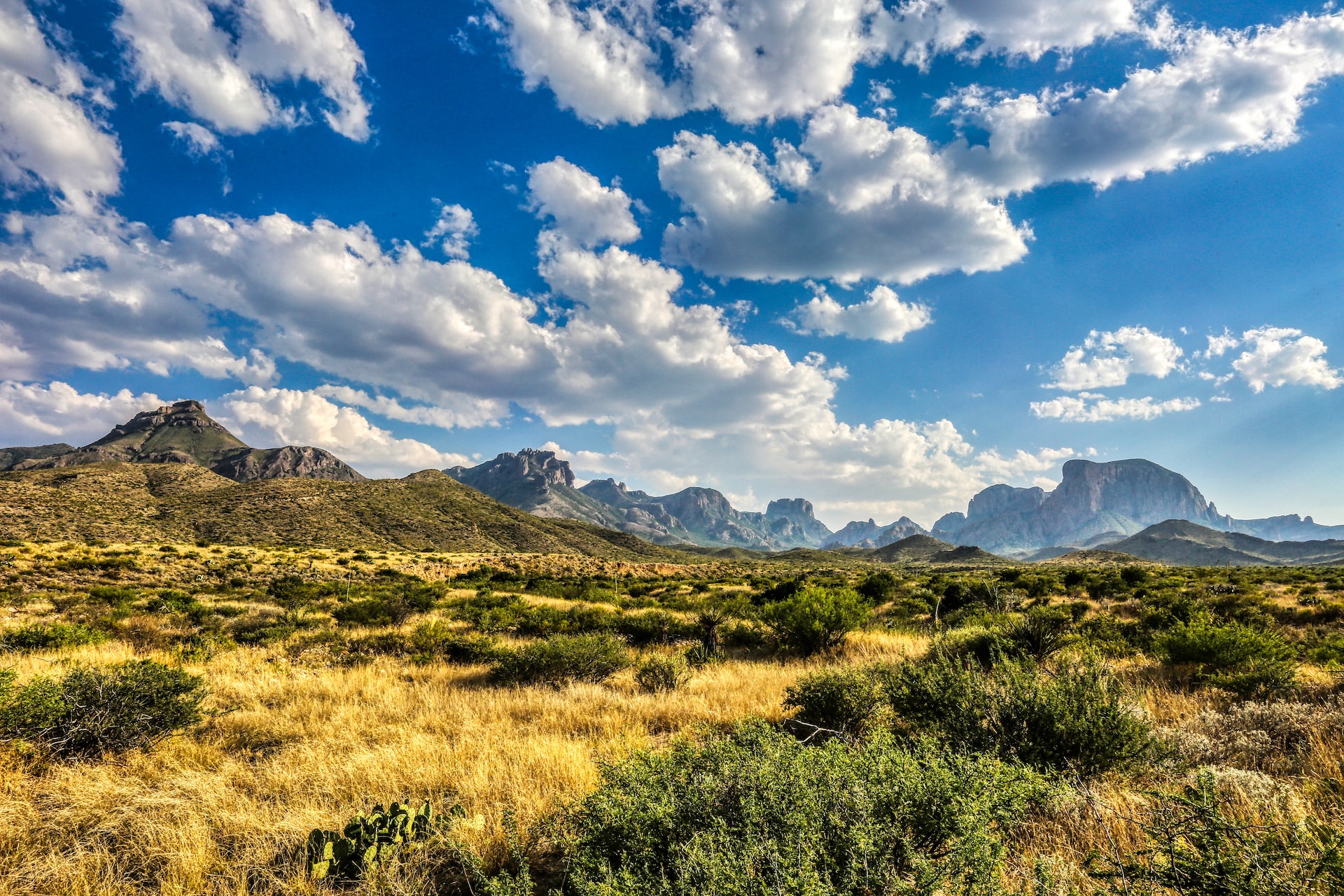With abundant natural beauty, a fast-growing economy, and an affordable cost of living, Texas is a popular relocation spot. Whether you’re looking for hunting land, cattle ranching land, farming land, or vacant land to build a second home, the Lone Star state has it all. But finding the perfect piece of land is just the start of the land buying process.
Check the most important six steps to follow to find and buy the perfect piece of land.
Shop for Land

Depending on how much of the property has been developed, land for sale in Texas is divided into three major groups. The first category is referred to as “raw land,” It includes the rural properties that are on sale as is, without utilities or any improvements. As a result, purchase costs are lower, but financing is more complicated. The next category of land is unimproved land, which may have some utility lines running through it. On the other hand, improved land already has full access to power, water, and usually road frontage to acreage. Once you’ve decided what kind of land you want to buy, you can check professional land selling sites to browse real estate listings for sale and narrow down the choice.
Set Your Land Buying Budget
Setting up the budget is the first thing you need to do. Start by considering the current state of the Texas property market. The average cost of small land noted a 3.8% year-over-year growth to $6,471 an acre. However, you should keep in mind that land prices vary greatly depending on specific features such as the property size, location, access, natural features, and unique amenities.
Decide on Financing

The majority of banks are reluctant to give land buyers credit. Those who would, however, usually demand a sizable down payment. Choosing a farm credit lender is a better alternative Since they specialize in farm loans, they know to complete the financing and may assist the buyer with potential loans for construction, farm equipment, and more. Opting for owner finance is an even better choice. There are fewer participants in the process, which significantly reduces the amount of red tape and, as a result, the time needed to get to closing.
Make An Offer
Making an offer to the landowner is the next step once you’ve decided on the exact piece of property you want to purchase. Don’t forget that the Texas land market is hot. To avoid losing out on your dream home, you must make sure you submit a strong and quick offer. At this stage, you can consult with a buyer’s agent who will help you curate the best offer.
Do Property Checks
Once you find a stunning property and the seller drafts a contract that works for you both, you will probably be granted a period where you can have the property evaluated.
A boundary survey, which a registered land surveyor must complete, will confirm the number of acres of land being surveyed, the location of the property’s boundaries, and any encroachments on the land. Moreover, a title policy is a one-time cost that will protect you if someone tries to claim ownership of the land after you buy it. The title company will check to see if the property has any liens and establish that the seller owns it.
Moreover, keep in mind that groundwater conservation or subsidence districts cover nearly 70% of the state’s land area. This means that if you buy property for sale in one of these areas, there are very particular restrictions on how you can use and damage the groundwater; therefore, it’s essential to obtain accurate soil and flood plain data.
Close The Deal

The final step of purchasing a new land is closing the deal with your seller. Once you’ve done your due diligence and determined that the property you’re considering is the right one for you, the last thing is to sign the documents. Since you can’t go back after signing, be sure to double-check everything and see if everything is as agreed.
Final Thoughts
If you’re looking for a safe investment with a high upside and plenty of financing options, buying land in Texas is the right move. The state is a true paradise for outdoor enthusiasts willing to mingle with numerous wildlife species and aspiring private ranch owners looking for low-density oversized lots. Moreover, it has a robust economy and numerous business opportunities. It’s pretty easy to build and turn your vision into a reality as the state gives flexibility in zoning and building rules. As a bonus, landowners can deduct expenses as well as enjoy a variety of other tax advantages.
Thanks to Dun Oliver Abiera for consulting.

Leave a Reply